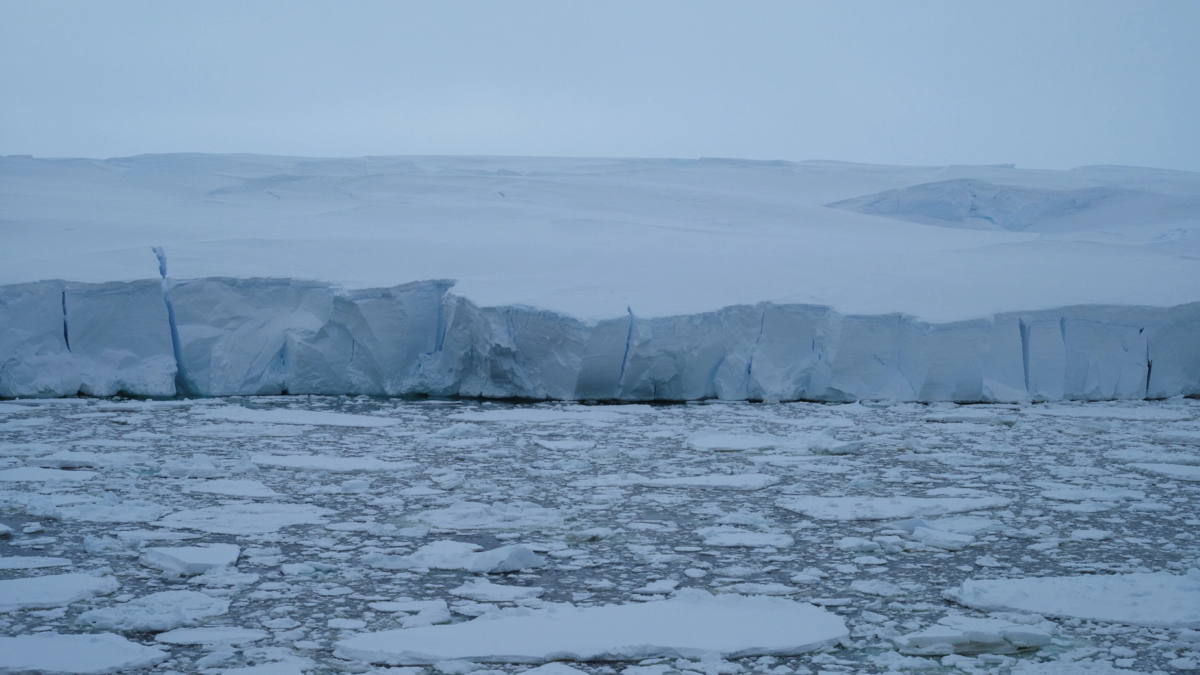Wildfires engulf Greek mountain as they approach capital – People flee 80-foot flames near Athens as they spread “like lightning” – “It started from one point and suddenly the whole village was surrounded”

PENTELI, Greece, 12 August 2024 (AFP) – Thick grey smoke engulfed Mount Pentelicus that dominates Athens on Monday as the Greek capital battled the infernal fallout from what promises to be its hottest summer on record.
A 30-kilometre (20-mile) long line of fires, some with flames more than 25 metres (80 feet) high, was moving towards Athens, the ERT public broadcaster reported.
One has already engulfed the mountain that is known for producing the marble used in the Acropolis and other ancient buildings in Athens.
The nearby historic town of Marathon has also been ordered evacuated.

Brick homes on roads leading out of Marathon had huge black stains up the sides of their walls left by the flames. The roofs on many had also been burnt away.
At Dione, the fire burned cars and crept up apartment blocks. Some residents said they fled in their cars just as the flames sped up to their homes.
People in Penteli, an Athens suburb at the foot of the 1,109-metre (3,605-foot) high mountain, could only watch helplessly as fierce summer winds pushed flames toward their homes and up the slopes of Pentelicus.
Thick smoke from burning trees filled a small square in Penteli where local resident Mariana Papathanasi said they could only pray that their houses would be saved.

Hospitals evacuated
“There is still a strong fire. Some houses were burned after midnight and we are trying to protect our local restaurant,” the 49-year-old supermarket employee told AFP.
A children’s hospital and a military clinic in Penteli were evacuated at dawn as Greek authorities ordered thousands of people in Marathon and surrounding villages to flee.
“The firefighters are doing very well,” said Papathanasi. “They are close to us, the local people, the whole time.” At least five fire trucks and several firefighters, some in heavy-duty masks, worked nearby.
Farther up the mountain, on the road to nearby Nea Makri, tall flames devoured trees and shrubs, turning the ground black as grass and trees swayed wildly in the wind.

Christoforos, 53, a volunteer firefighter from Penteli, said the fires were moving fast and Nea Makri could become a major problem as two large fire fronts could meet there.
Greek authorities have thrown hundreds of firefighters with trucks and water carrying aircraft into what has become an annual battle as global temperatures soar.
After the warmest winter on record, Greece also experienced its hottest June and July since reliable data collection began in 1960, and the summer season has already seen many smaller blazes.
Temperatures around Athens were forecast to peak at 39 degrees Celsius (102 degrees Fahrenheit) on Monday, with wind gusts of up to 50 kilometres (31 miles) per hour.
Scientists say that human-induced fossil fuel emissions are worsening the length, frequency and intensity of heatwaves around the world.
Rising temperatures are leading to longer wildfire seasons and increasing the areas at risk, according to the UN Intergovernmental Panel on Climate Change.
Greek wildfires engulf mountain as they approach Greek capital

People flee wildfire near Athens as it spreads ‘like lightning’
By Angelos Tsatsis and Karolina Tagaris
11 August 2024
VARNAVAS, Greece/ATHENS (Reuters) – Residents fled their homes on Sunday as a fast-moving wildfire outside Athens fuelled by hot, windy weather burned trees, houses and cars and sent smoke clouds over the Greek capital.
More than 400 firefighters backed by 16 waterbombing planes and 13 helicopters battled the blaze that broke out at 3 p.m. (midday GMT) and quickly reached the village of Varnavas 35 km (20 miles) north of Athens.
As night fell, firefighting aircraft ceased operations until morning. Flames turned the sky orange.

“The situation remains dangerous as the fire is spreading between residences,” fire brigade spokesperson Vassilis Vathrakogiannis said.
He said the blaze spread fast, “like lightning”, due to gale force winds. Flames as high as 25 metres swallowed up trees and shrubland.
Varnavas is a sparely populated area with about 1,800 residents, according to the latest census.
“The village was surrounded in no time, in no time. It’s really windy,” resident Katerina Fylaktou told Reuters. “It started from one point and suddenly the whole village was surrounded,” she said.

Hundreds of wildfires have broken out across Greece since May and scientists attribute their frequency and intensity to the increasingly hot and dry weather conditions linked to climate change.
After its warmest winter on record and long periods of little or no rainfall, Greece also registered its hottest June and July and is forecast to record its hottest-ever summer.
“We are expecting a very difficult week,” said Kostas Lagouvardos, research director of the Athens Observatory. “If the Varnavas blaze is not contained during the night, we will have a problem tomorrow,” he said.
Fires have also burned this summer amid extreme heat elsewhere in Europe, including in Spain and the Balkans.
‘Dangerous conditions’
Authorities sent evacuation alerts for nine areas near Varnavas. By early evening, thick brown smoke hung over much of Athens and had reached the island of Aegina to its south.
Another blaze in a forested area near the town of Megara, west of Athens, had been contained by Sunday afternoon, the fire brigade said.
Several other regions across Greece were on high alert for fire risk on Sunday and Monday.

On Saturday, Climate Crisis and Civil Protection Minister Vassilis Kikilias said he had called for emergency measures involving the army, police, and volunteers to deal with forest fires until Aug. 15.
“Extremely high temperatures and dangerous weather conditions will prevail,” he said.
“Half of Greece will be in the red.”
In April, a European Commission report said the 2023 wildfire season in the Europe was among the worst this century.
People flee wildfire near Athens as it spreads ‘like lightning’



